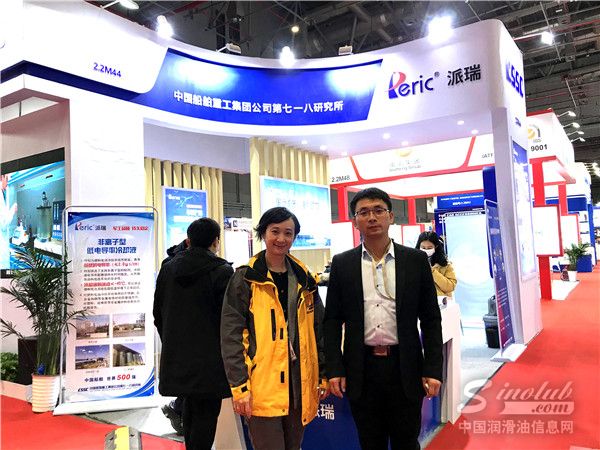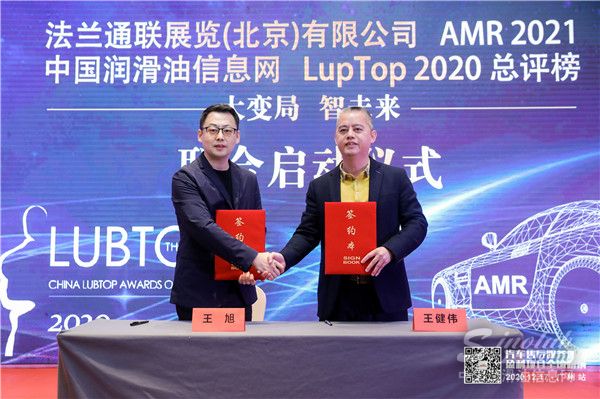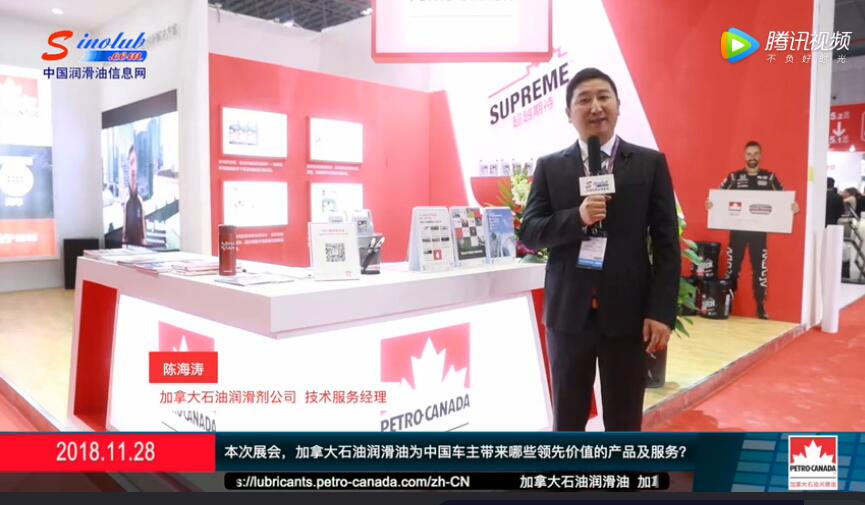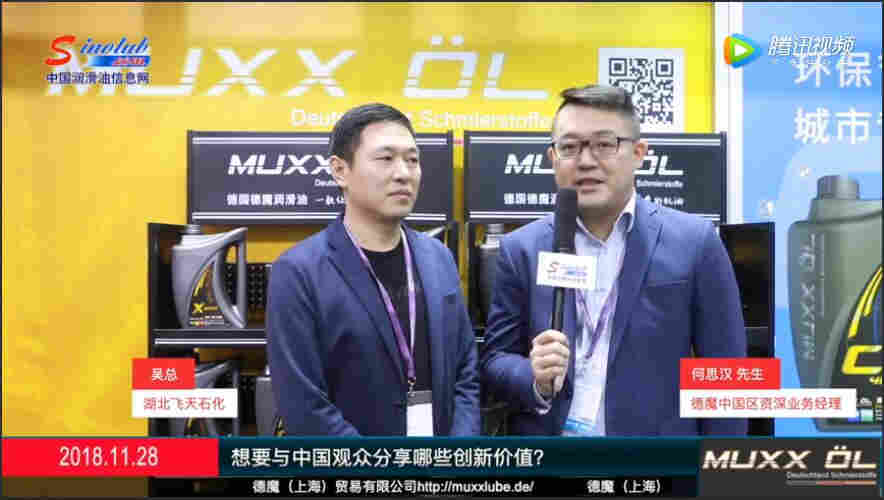润滑油如何助力TGDI及未来发动机技术?
当我们探讨未来发动机技术的时候会有哪些展望?
这个问题可以从历史谈起。
自上世纪30年代第一批面向大众的乘用车(主要为福特的标志性Model T)诞生以来,市场上就出现了大量发动机技术,当时的分化程度此后任何时期都无法比拟。各大汽车制造商都希望抓住个人交通工具的发展潮流,为此尝试了多种发动机技术,其中一些取得了成功,而另一些则被淘汰。比如在二战之前,车用蒸汽发动机曾是内燃机的竞争对手,但在二战期间内燃机变得更容易操作、更经久耐用,因此成功取代前者占据市场。
但自那时起,汽车技术开始聚拢发展,汽车行业也从一个“时代”迈向了另一个:“化油时代”、“燃油喷射时代”、“进气口燃油喷射时代”等等。正是靠着一家又一家汽车制造商的不断推动,我们才能看到发动机技术的巨大飞跃。

今天的时代可以称为TGDI(涡轮增压缸内直喷)时代,因为大量汽车制造商利用该技术提升汽车效率。但当今的TGDI发动机技术在各OEM之间有巨大差别,而且在未来几年内有望看到更多全新的发动机技术。这样百花齐放的局面还是自汽车诞生初期以来第一次出现。我们将看到全新的发动机循环,内燃机的复杂程度将大大增加,从高电压到低电压的混合动力发动机将变得越来越普遍。
简而言之,在不久的将来,多元化将成为发动机的关键词。而这一点无疑会极大地影响发动机油在北美和全球范围内的性能验证与营销方式。
欧洲就是一个很好的例子。尽管欧洲汽车制造协会(ACEA)是欧洲最主要的标准机构,但市场的真正推动者是OEM。发动机油不仅需要满足ACEA的标准,还需要满足大众、雷诺、宝马、梅赛德斯等各大OEM的标准,而且它们对机油的要求都不尽相同。
随着发动机多元化程度的不断提升,该问题的重要性也不断凸显。更复杂的多元化程度意味着厂商对发动机油的要求也将变得更加复杂和特殊。OEM大力投资开发它们认为最好的发动机技术,而且对用于其车辆的润滑油将比目前握有更大的发言权。目前看来,像北美那样的普适性标准将无法继续适应遍及整个市场的转型。
在《润滑油与润滑脂》杂志(Lubes’N’Greases)上刊登的一则新闻指出:在未来5年内OEM原厂机油的全球消费量将每年增长4%。“随着北美车辆所有制和消费行为的改变,未来将有更多车辆被送入4S店维护保养,北美地区的机油消费将强劲增长,”文中写道。“而OEM的原厂机油也将根据其OEM标准为其专门开发。”
OEM通过原厂机油满足自家标准只是整个转型趋势中的一部分。尽管欧洲市场由OEM规范推动已有多年历史,但通用汽车公司最终还是发布了自己的dexos1机油规范。这些事实以及发动机技术的多元化趋势表明,我们的确在经历一场变革,而润滑油行业必须为此做好准备。

我们认为
为了迎接即将到来的变革,润滑油行业必须保持灵活和积极的应对姿态。ILSAC GF-6标准的研发进展过于缓慢,API SN Plus也本应更早进入市场。API SN Plus的成功实施以及低速早燃保护的普及,表明我们的努力发展方向是正确的。
目前各种各样的发动机技术必将带来前所未有的难题,而这些问题都需要润滑油来解决。随着未来汽车技术的复杂化与多元化,车辆润滑油的重要性将远超以往。只有更先进的润滑油技术才能保证现代发动机实现其设计功能,同时保证保护和耐用性。
What do we envision when we consider the future of engine technology?
Sometimes it can be useful to consider the historical perspective.
From the time the first affordable passenger cars were available (largely thanks to Ford’s iconic Model T), through about the 1930s, there was a diversity in engine technology that hasn’t been seen since. Different automakers looking to capitalize on the developing market’s appetite for affordable personal transportation deployed different technologies, some more successful than others. Steam-powered road vehicles, for instance, competed with internal combustion engines before World War II, around which time combustion engines became more simple to operate and more reliable in general.
But from that point forward, technology largely began to consolidate, and we’ve effectively seen the industry transition from one “Era” to the next. The Carburation Era, the Fuel Injection Era, Port Fuel Injection Era. Engine technology has evolved significantly, but from automaker to automaker, it effectively moved in tandem.
We might call today’s era the TGDI Era, with so many automakers utilizing that technology to seize new efficiency benefits. But the truth is that most of today’s TGDI engines differ significantly from OEM to OEM, and we’re on the verge of seeing more brand-new engine technology being introduced over the next few years. It’s a break from the past—an engine landscape we’ll not have seen since the dawn of the automotive era. We’ll see new engine cycles, combustion engines may become far more complex, and hybrid technology ranging from high-voltage to low-voltage with complementary combustion engines will become increasingly common.
The immediate future, in short, is all about engine diversity. And this of course has some significant implications on how engine oils of the future are approved and marketed in the North American marketplace and around the globe.
Europe provides a good example. While ACEA exists as the continent’s major specifying body, the market there is far more OEM-driven. Engine oils must not simply meet ACEA standards, but specific standards to Volkswagen, Renault, BMW, Mercedes, and more, with each OEM dictating specific requirements for fluids used within their engines.
As it pertains to increasing engine diversity, this is critical. Increasing diversity means an increasing amount of varied and specific demands upon the engine oil. OEMs are making major investments in the engine technology they believe will deliver the best performance—and they will have a greater stake in the right lubricants being used in their vehicles. And it’s quite likely that the North American-style, broad specification driven market, will not be able to effectively support this widespread market transition.
I think this recent news from Lubes’N’Greases correlates with that suggestion: Global consumption of original equipment manufacturer genuine engine oils is projected to increase at an annual rate of four percent over the next five years. “North America will see the strongest growth in the consumption of such oils as vehicle ownership forms and consumer behavior shift to bring more vehicles back to dealerships for maintenance and service,” the report says. “OEM genuine oil is manufactured for an automaker based on its specifications.”
OEMs moving to have their unique demands met through genuine oils is just one indicator of the shift that may be about to take place. And while Europe has been OEM-spec driven for years, we’ve seen General Motors take matters into their own hands through its dexos1 specification. Between these factors and the increasing diversity of engine technology we’re beginning to witness, a true shift is beginning to take place—and the lubricants industry must be ready for it.
Our view:
In order to best prepare for this shift, the lubricants industry must be nimble and proactive. The progress to ILSAC GF-6 has been too slow, and even API SN Plus could have been brought to market more quickly. The successful implementation of API SN Plus and the now-widespread availability of LSPI protection are examples of how we can start to work toward those goals—but it can’t be the end of the story.
New, diverse engine technology will certainly bring presently unforeseen challenges that the lubricant will help eliminate. With the future demands of an increasingly complex and diverse car parc, the lubricant is more important than ever. Highly advanced lubricant technology can provide protection and durability while enabling modern engines to meet their full potential.
更多资讯,欢迎扫描下方二维码关注中国润滑油信息网微信公众号(sinolub)

-
作为世界500强,加拿大石油拥有丰厚的油砂矿资源,经营着世界上最大的基础油精炼厂之一,调配并包装生产出多种润滑油成品。
-
南京东沛国际贸易集团有限公司(DU-HOPE INTERNATIONAL GROUP)是一家成立于1978年的专业外贸企业,注册资金3900万元。
-
北京龙润凯达石化产品有限公司成立于2001年,是中国北方地区润滑油基础油销售量最大的贸易企业。
《中华人民共和国增值电信业务经营许可证》编号:粤B2-20050302号
服务热线:0754-88650988 在线服务QQ:619128006 润滑油商机信息群:③:50693127 ④:65958932


























